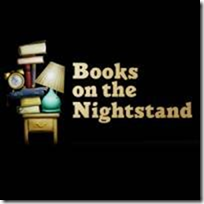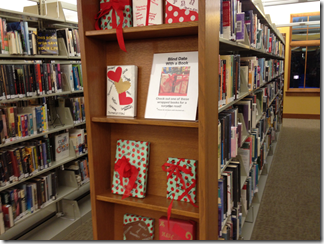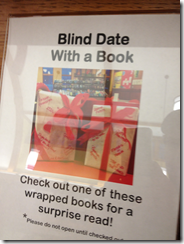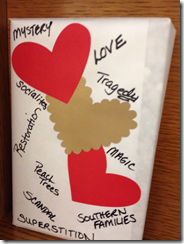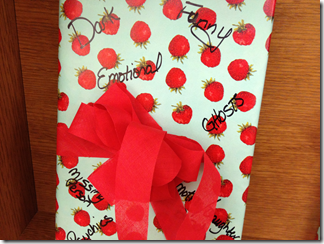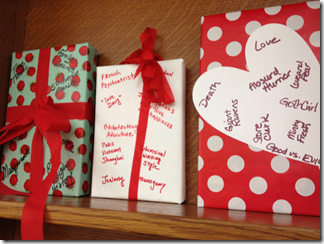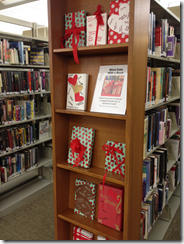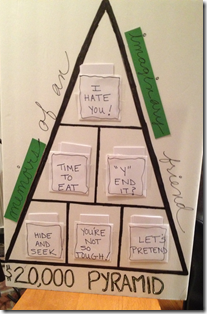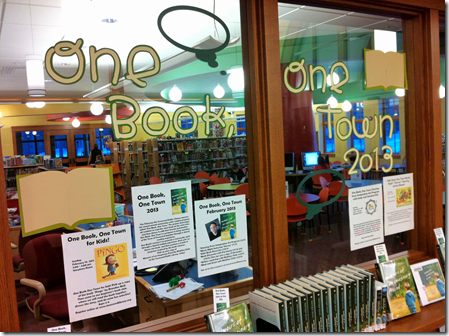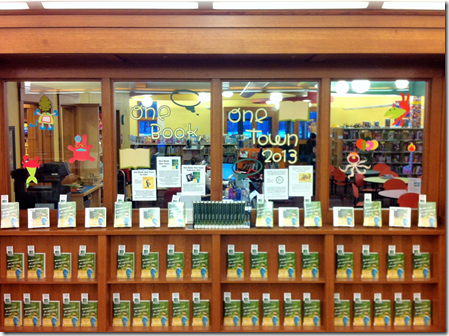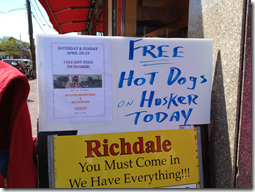Last weekend I had the great honor of participating in the Brattleboro Literary Festival in Brattleboro, Vermont. Here are some thoughts from the weekend.
_________________________________
I lost in the first round of Friday night’s Literary Death Match to author Victor LaValle and his amusing, suspenseful and disgusting story about a man and a public restroom. Nevertheless, author Stuart O’Nan described me as “Raymond Carver meets Denis Johnson” and poet Major Jackson called me the Bruce Springsteen of storytelling.
Jackson’s comparison was partly the result of my hairy arms and working class appearance, but still, I think my life may finally be complete.
_________________________________
Also judging Literary Death Match was inestimable Jane Yolen, who directed Guggenheim Fellowship winner Victor Lavalle to give me some money once she learned that I was not also a Guggenheim winner.
I am still waiting to see the cash.
_________________________________
The aforementioned writers Jane Yolen, author of more than 325 children’s books, and Stuart O’Nan, author of more than 15 novels and works of nonfiction, are enormous, mindboggling celebrities in my mind, which made the amount of time I spent with these two authors and others this past weekend both astounding and humbling.
I chatted with Jane and Stuart before and after Literary Death Match and later found myself at the same table as Stuart in a bar near our hotel, discussing books, publishing and most of all, baseball. Also sitting at the table were award-winning authors Tayari Jones, Bernice McFadden and the aforementioned Victor LaValle.
I felt like a complete fraud sitting at a table of such literary heavyweights.
Then I spent parts of the next day chatting with these same authors and more before sitting down to dinner on Saturday night at the same table as Jane Yolen and author Richard Mason.
The next day Jane attended my book talk, and we spent quite a while afterwards talking about books, teaching, our families and more. Jane and my wife discovered that they are both Smith College graduates, so they had a lot to chat about as well.
I cannot tell you how utterly thrilling and slightly terrifying it was to spend the weekend in the company of authors such as these. Though none of them knew it (I hope), my mind was constantly filled with screams of “I’m chatting with Jane freakin’ Yolen! I can’t believe it!” and “Stuart O’Nan and I are talking Yankees-Red Sox! How is this even possible?”
A fraud, I tell you. I felt like a complete and total fraud.
_________________________________
I was joined for my talk on Sunday by author Ben Dolnick, who recently published his second novel, YOU KNOW WHO YOU ARE. Ben is the type of author who approaches his craft with great deliberation and literary earnestness, which is the opposite of how I write. While Ben is contemplating how Proust and Alice Munroe may inform the shape and design of his novel, I am spitting words on the page in hopes that they form complete sentences. It’s always an honor to have the chance to speak to an author with as much skill and talent as Ben, though once again, I couldn’t help but feel like a bit of a fraud in his presence.
_________________________________
One of the audience members suggested that I try my hand at standup comedy. While it was a nice thing to say, I explained that my wife does not think I am funny at all and I lack the courage required to become a standup comic.
There’s also far too little money in standup comedy for my liking.
_________________________________
On Friday evening, while my wife and I were at Literary Death Match, my in-laws were in our hotel room, taking care of our baby. Charlie was not feeling well, so at one point, he began crying and Elysha was called back to the room.
Before she could return, a guest called the front desk, complaining about the crying baby. My mother-in-law asked the clerk, “What do you suggest? That I smother the baby?”
Later, the same person pounded on the wall of our room, upset that my wife and her parents were still awake and talking past 9:00 PM on a Friday night.
Had I been in the room, I would have invited the passive-aggressive coward to meet me in the hallway to discuss the matter face to face. This type of challenge usually causes people like these to retreat back into their turtle shells. In the rare instance that they take you up on your challenge, even better.
Pounding on the wall of a hotel room? Is there anything more weasely and pathetic?
The next day Elysha and I were beeped at when we failed to cross a street in a timely manner while pushing our stroller. I was uncharacteristically unprepared for this confrontation and skedaddled across the road like a frightened rodent. What I should have done is slowed down or even stopped in the middle of the crosswalk to tie my shoe.
I’ll be ready next time. That’s the key to all confrontations. Mental preparation.
Elysha regretted not extracting Charlie from the stroller and nursing him right there in the middle of the crosswalk, which would have been the greatest retort to a car honk in all of human history.

